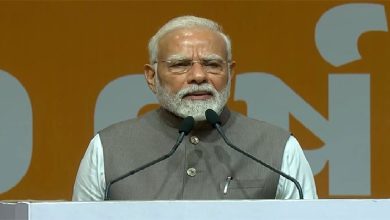There is a need to apply brain in the petition to cancel the FIR

The Punjab and Haryana High Court has ruled that a petition seeking the quashing of an FIR based on a compromise requires proper application of mind. Adequate opportunity is required to be given to the parties concerned and the state to file response based on issues such as the nature and gravity of the offence before ascertaining the authenticity of compromise.
Making it clear that the high court’s power could not be exercised casually or mechanically for quashing FIRs, Justice Jasgurpreet Singh Puri said parameters set by the Supreme Court were required to be taken into consideration.
Adequate opportunity has to be given, especially to the state, to at least file a reply with regard to the nature and gravity of the offence. Various other aspects also have to be seen. —Justice Jasgurpreet Singh Puri
The assertion came in a case where Justice Puri issued a notice for December 13, making it clear that the replies were to be filed before the next date of hearing. An application had been filed seeking direction to record the statements of parties for verifying the compromise.
Justice Puri observed that the application was non-maintainable, vexatious in nature and an abuse of the process of law. The issue involved was whether the court should direct the parties to get their statements recorded before the trial court/Illaqa Magistrate regarding the authenticity of compromise at the time of issuing notice on the petition for quashing an FIR based on compromise, or the same should be done after giving an adequate opportunity to the respondents, including the state, for filing replies.
Justice Puri said the court was of the view that a compromise was only one of the factors for quashing the FIR. The state and private respondents, who purportedly entered into a compromise, were required to be given reasonable and adequate opportunity.
Justice Puri added: “When the high court is required to exercise its inherent powers for quashing the FIR, adequate opportunity has to be given, especially to the state, to at least file a reply with regard to the nature and gravity of the offence.”
“Various other aspects also have to be seen, including the antecedents of the petitioner, whether the petitioner has been declared a proclaimed offender, the stage of investigation/trial and as to whether the subject matter falls in the category of serious or heinous offence.”
The parties could be directed to get their statements recorded to ascertain the authenticity of the compromise and any other information, in case the court was satisfied that it was a fit case for considering the quashing of the FIR. Dismissing the plea with Rs 5,000 costs, Justice Puri said it was not understandable as to why such applications were filed when the court had issued notice for seeking reply from respondents.





